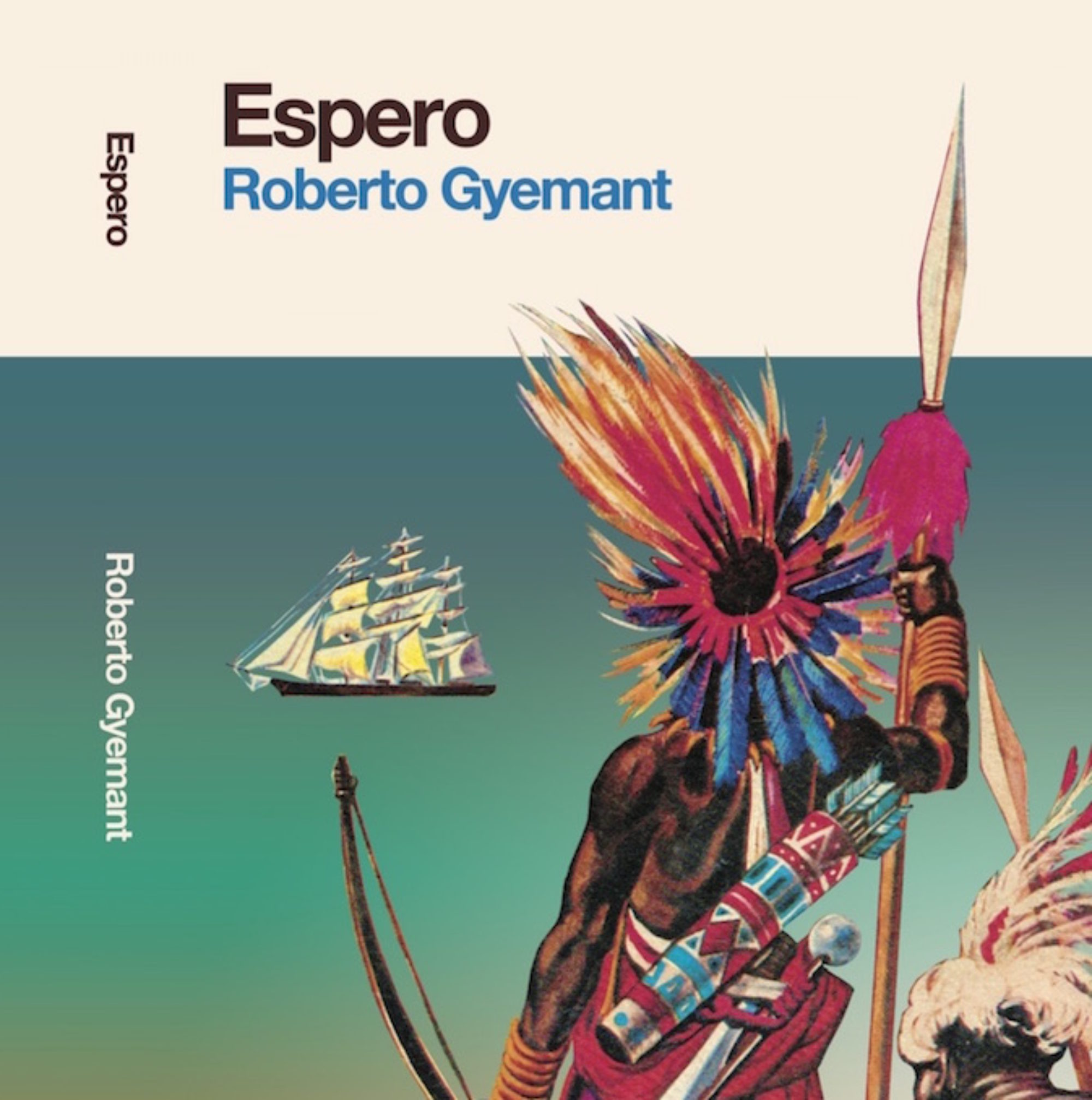I first heard “Dame un Chance” on a staticky skype call with my man Fernando in CDMX. The version was Antonio Vasallo’s from the Venezuelan Vamos Pa’ La Salsa compilation LP on Discomoda (below). My brain immediately melted out of my ears. It’s still one of my all-time favorite songs, so I thought I would share a number of different (and excellent) versions:
Beautiful Big-band version of “Dame un Chance” written by Electo Rosell (“Chepin”, of the famed Chepin-Choven Big Band from Santiago de Cuba, Oriente province). Amaranto (see link to excellent interview by Gladys Palmera below) was a bandleader from Cardenas in the Matanzas area who played in the Varadero beach area. With the triumph of the Revolution he was named head of music productions (Espectaculos) at Varadero.
He notes in the interview that both LPs (one on Egrem and one on Maype) were recorded before Cuban labels were nationalized (before 1961) and it seems the Egrem LP was released first – the Maype LP was released later when Sr. Machado, who owned Maype, fled Cuba with many of his master tapes along with singer Orlando Contreras.
Musicians involved in the production of the Egrem LP include the immortal Peruchín and Niño Rivera, so you know the music is of the highest quality. The LP is hard to find, mine is white label (nationalized) Egrem. Gladys Palmera’s site has its’ date as 1965 but I believe it’s earlier, probably from 1961-62 por ahi.
Nice version by the underappreciated Cuban crooner Pacho Alonso (on his first LP). The liners note his being part of the “Feeling” movement (beautiful jazz vocal and piano-heavy movement which included Bola de Nieve, La Lupe and others) and dates this LP from 1962-65 por ahi
And here is the  version by Antonio Vasallo y su Orquesta, canta Frank Rivas. Maybe someone from @ASOCOSALSA has some information on Frank Rivas – I can’t imagine these were his only recordings.
version by Antonio Vasallo y su Orquesta, canta Frank Rivas. Maybe someone from @ASOCOSALSA has some information on Frank Rivas – I can’t imagine these were his only recordings.


Here is the excellent interview by the imprescindible Gladys Palmera (and her collaborator, mi hermano José Arteaga) : https://gladyspalmera.com/coleccion/el-diario-de-gladys/amaranto-fernandez-y-la-maldicion-de-ser-de-provincia/
The fantastic blog Fidel’s Eyeglasses has more infomation on Amaranto here: http://fidelseyeglasses.blogspot.com/2008/05/amaranto-y-su-banda-de-cardenas-1963-64.html
Comments welcome!

